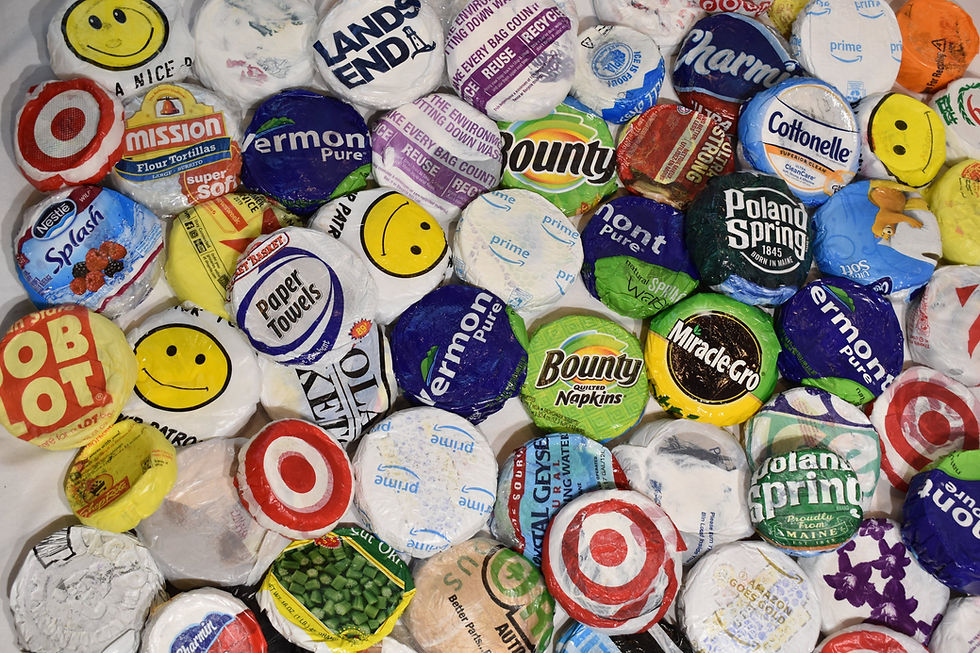Obaggo's Carbon Footprint
- David New
- Aug 28, 2021
- 2 min read

View of the Rangeley Lakes, taken from the Appalachian Trail, Maine
This week, we'd like to answer another "Frequently Asked Question":
What is Obaggo's carbon footprint?

As you know, plastic waste and pollution has been a high-profile problem for some time now, and lots of different solutions have been tried or proposed.
But not all ideas are equal. Some solutions create new problems, or have unintended side-effects. Some solutions contribute more to greenhouse gases than they reduce.
And unfortunately, some seem like "green-washing", which look like something substantial is being done about waste and pollution, when it really isn't.
So how does the climate math work for Obaggo?

To figure it out, Obaggo performed something called a "Life Cycle Assessment" (LCA) for our solution.
For Obaggo, an LCA is an estimate of the net carbon benefit (or cost) of manufacturing the Obaggo appliance, using it during it's projected lifetime to recycle plastic film, and then disposing of it at end-of life.

As with all Life Cycle Assessments, we had to make a lot of assumptions. We had to estimate where the device will be made, what materials it will be made out of, whether those materials themselves were recycled or not, the source of those materials, the transportation distances from where the device is made to where it is warehoused, the modes of transportation, the average distances to the end-consumer.
We had to estimate how many times the device would be used, the energy consumption per use, and how much plastic material would be diverted from the waste stream, and into the recycling stream.

To do the math, we used the LCA software "Sustainable Minds", as well as the Environmental Protection Agency's (EPA) Waste Reduction Model (WARM) tool.
We used conservative estimates at all times.
Like you, we wanted to know if a device like Obaggo would really be a good thing for the planet. And like you, we want our actions to make the world a better place, not worse.

The results were clear. In a typical small household, making one puck-per-week, Obaggo's carbon footprint is only a tiny fraction (5% or less) of the carbon savings from recycling all those plastic bags and wraps.
And in higher-volume settings, such as at transfer stations, recycling centers, or in commercial environments, Obaggo's carbon footprint is negligible.

Sunrise at Cape Hatteras National Seashore, North Carolina
And none of that math factors in the less-quantifiable benefits to the planet, or to those creatures who live here, of all those plastic bags and film NOT being pollution.
Thank you in advance for your support of our project in September, on Indiegogo.
Dave New, founder, Obaggo Recycling




Comments